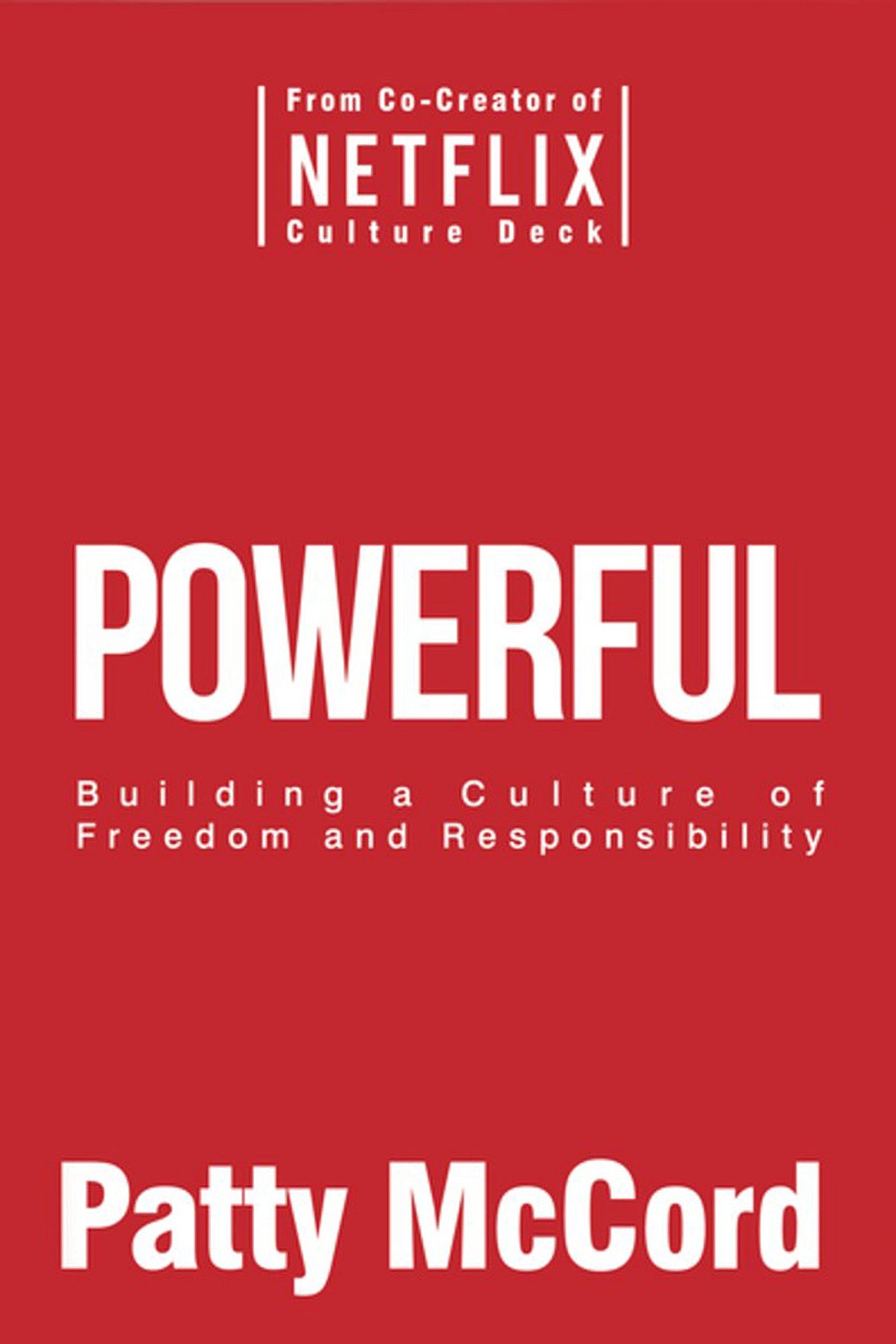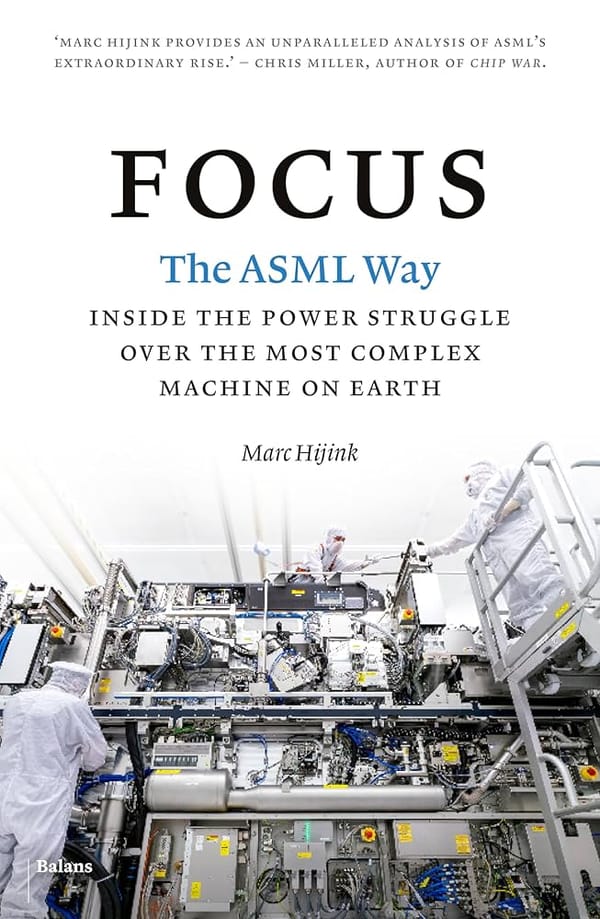By Patty McCord (2017)
Pages: 148,Final verdict: Should-read
The Netflix culture deck, now famous throughout Silicon Valley and the larger tech world, began as an experiment when Patty McCord, longtime Chief Talent Officer of Netflix, Reed Hastings, the iconic founder and CEO, and Netflix's management team decided to write down the behaviours and principles they thought helped made Netflix what it was.
Now, after spending more than 14 years as the Chief Talent Officer of Netflix, Patty shares with the rest of the world what she learned from building high performing teams and living through the rise of the tech giant. Powerful is the insiders-look into one of the most celebrated tech cultures of Silicon Valley that many of us have been waiting for.
The Netflix way of doing things
People over processes. This is the motto that encapsulates Powerful and the Netflix philosophy. And while this sentence is commonplace in many companies culture books, Patty sets herself to show us why, at least at Netflix, this is more than just a catchphrase.
The book is organised in 10 simple themes that challenge most of the aspects that conventional wisdom associates with building and managing teams. Each chapter ends with an "In Brief" section that summarises the take-aways from the chapter as well as a list of "Questions to consider" to help as you challenge yourself to implement those principles at work.
But before digging into the principles themselves, Patty shares with us the core practices that the Netflix management team wanted to underpin the Netflix culture:
- An open, clear and constant communication to the team about the work and challenges being faced.
- The practice of radical honesty and always telling the truth timely and face-to-face.
- A culture where people with strong fact-based opinion debated avidly.
- A place where people based their actions on what is best for the customer and the company.
- A company where the hiring managers had the ownership of preparing their teams for the future.
“Great teams are not created with incentives, procedures, and perks. They are created by hiring talented people who are adults and want nothing more than to tackle a challenge, and then communicating to them, clearly and continuously, about what the challenge is.” - Patty McCord
Treat people like adults
Having been at Netflix from 1998 to 2012 meant that Patty lived (and lead) through the company's golden ages in the DVD by mail business, the pivot to the movie streaming business and its first steps into original content.
All that experience is visible to the reader as Patty does a great job of pulling stories from the several moments in Netflix's history to illustrate how the behaviours highlighted in each chapter worked at the company. For the most part she is not afraid to name names, which makes up for a more entertaining book, especially given that many "ex-Netflixers" referred in the book went on to work at other tech darlings such as StitchFix or Coursera.
From all those lessons, insights, and guiding principles, these were my favourite:
- The #1 team motivator is solving challenging problems with a great team and contribute to success.
- You are creating a team, not a family.
- Feedback should be transparent, not anonymous.
- Employees at all levels want and need to understand the business.
- Hire now the people for the team you need in the future.
- Manage company policies by subtraction rather than addition.
- Truly understanding how the business works is a more valuable and productive training that any employee development programme.
- Do away with annual performance reviews. Instead, evaluate team performance and give feedback informally and frequently.
Finally, closer to the end of the book, Patty shares with us her simple algorithm when evaluating someone from your team (or yourself): is what this person loved to do, that they're extraordinary good at doing, something the business needs to be great at?
Bottom line
Powerful is hands-down one of the best books I've ever read on culture, building teams and managing people. With less 150 pages, the book is packed with more insights and valuable information on how to build successful teams than most 250 page business books.
I would have loved to see more emphasis on how to attract and hire great talent. Despite one of the principles being "Someone Really Smart in Every job", it is hard to understand how Netflix finds those people, assesses them, and integrates them in their teams.
And as with any business book, it takes a leap of faith from the reader to believe that its teachings are more than the author's biased of what she would like to remember as the reasons why it made the company successful.
But if you do, Powerful may just change the way you think about how a business should be run.
Further learning:
- Buy the book online.
- Netflix page on working at Netflix
- The Netflix culture deck
- Our review of Work Rules!, the Google book on HR



